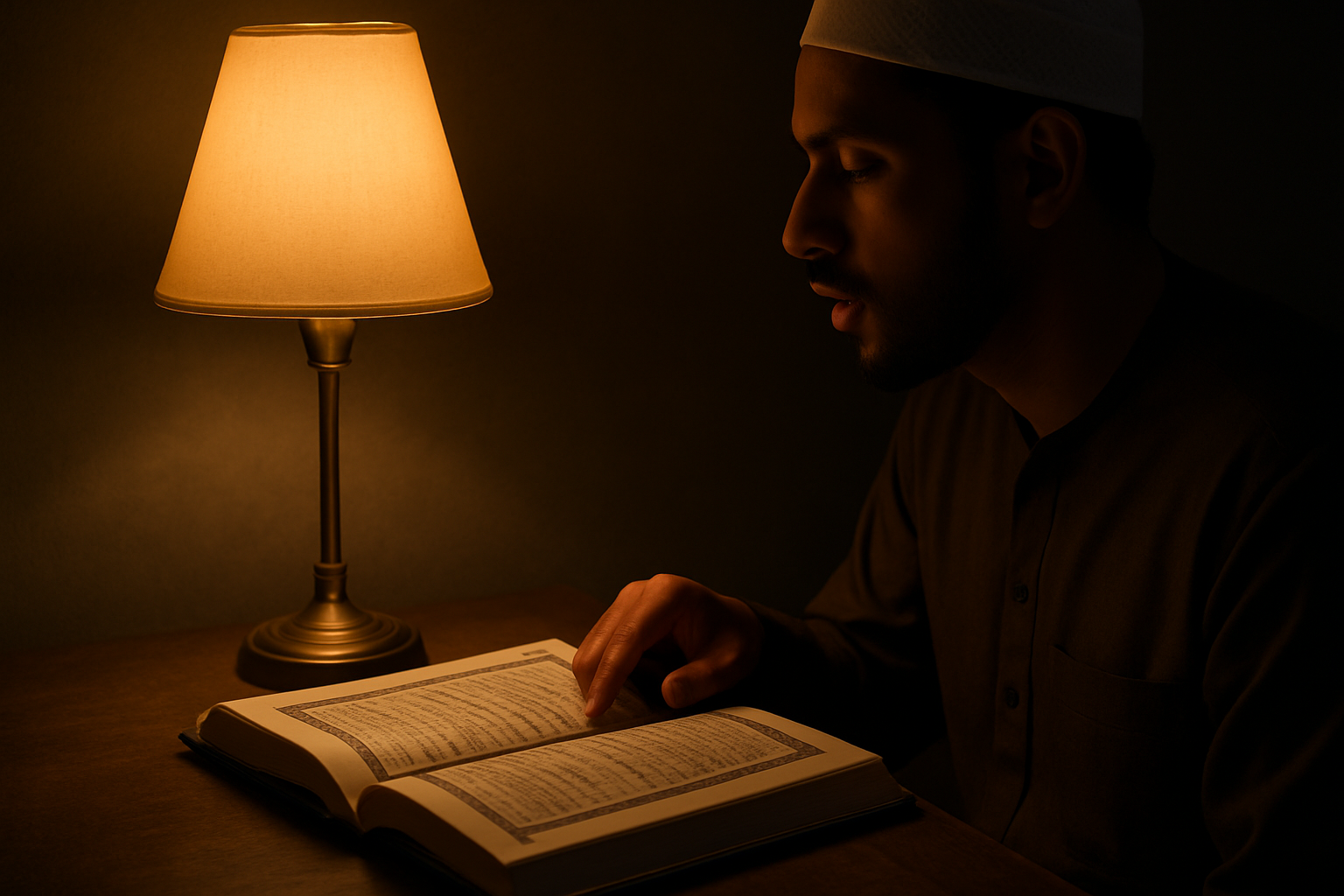In the five daily prayers, sujood—prostration—is one of the most sacred and central acts. When a Muslim kneels, places their hands and forehead on the ground, it represents the deepest form of humility. To bow one’s entire being before Allah is to respond sincerely to His command. Without sujood, prayer is incomplete; and in sujood, a person is at their closest to their Lord.
Allah says in the Qur’an: “Prostrate and draw near [to Allah]” (Qur’an 96:19). The Prophet Muhammad (peace be upon him) said, “The closest a servant comes to his Lord is when he is in prostration. So increase your supplications then” (Sahih Muslim). Sujood is not just a physical movement—it is a spiritual bridge to Allah, a moment of closeness, surrender, and supplication.
When we enter sujood, the body submits completely, and the soul finds stillness. In that lowest physical position, the heart reaches its highest spiritual state. We place the most honored part of our body—our face—upon the earth, admitting our smallness before the Creator. In our deepest humility, we are nearest to the Most High. This is not a contradiction—it is the truth of faith: only by letting go of the self can we draw near to the Divine.
Sujood also trains us in humility. It reminds us that we do not live by our strength, wealth, or status, but by Allah’s mercy. It teaches us to release pride, desires, and worry, and to approach Allah with a purified heart. This unity of body and spirit transforms prayer from a routine act into spiritual refinement.
Moreover, sujood is one of the moments in which supplication is most likely to be accepted. Many people whisper their prayers while in sujood, using this sacred moment to confide in their Lord: asking for forgiveness, strength, guidance, or peace. You might say in your heart, “O Allah, grant me peace,” or “O Allah, forgive me.” Whatever you’ve been carrying in your heart, place it before Him. And know—He is listening.
In a noisy world, sujood is a quiet harbor. Amid the pressure of daily life, this moment of stillness brings healing. When we perform this act regularly, sujood becomes more than a prayer position—it becomes a spiritual ritual. When we get used to placing our face near the ground, our heart becomes used to drawing near to Allah.
How can sujood become more meaningful? Try reciting “Subhana Rabbiyal A‘la” (Glory be to my Lord, the Most High) with attention and reflection. Think about the meaning as you say it. Before you prostrate, remember Allah’s greatness and your own weakness, and let that give your prostration weight. You can even remain in sujood a little longer, giving your soul space to become still.
Sujood is both an action and a state—it is the lowering of the body, the surrender of the ego, and the rise of the soul. It allows us to find honor in humility and discover a path to Paradise through the dust of the earth. Every sujood is a return. It reminds us that we are never alone, that our Lord has always been near.
May we cherish every chance to enter sujood, and through this small act, build the deepest connection with our Lord. In that moment, let our bodies submit and our souls rise.









